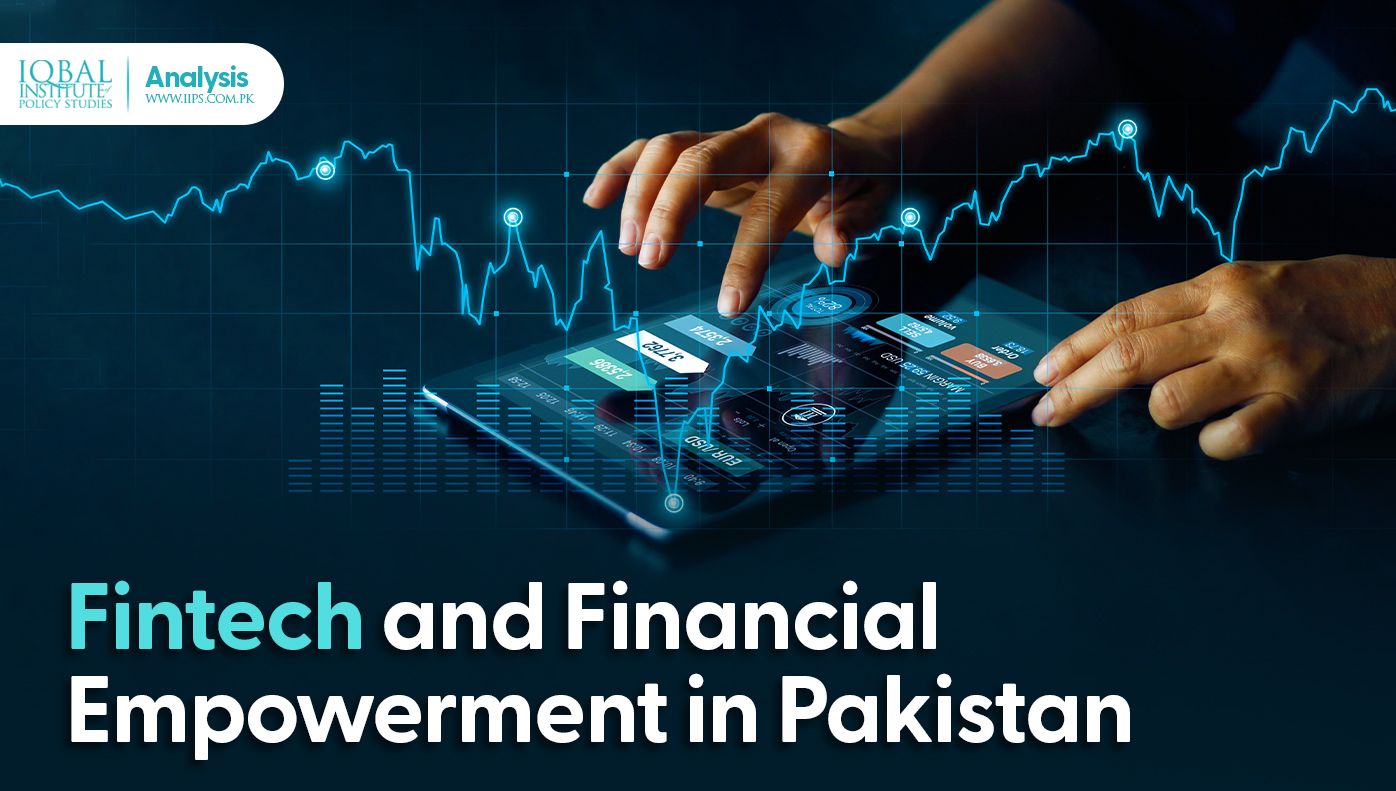Fintech gives people financial tools to manage their finances better. It symbolises social and cultural transformation that challenges preconceptions about modern banking, empowers populations, and promotes financial inclusion in the country.
Emerging economies like Pakistan can largely benefit from fintech innovation as it creates a digital banking ecosystem that can overcome the country’s financial challenges. Given the importance of fintech, the State Bank of Pakistan has introduced a licensing and regulatory framework for digital banks, effectively allowing an initial quota of five digital banks to begin operations in the country.
The government is trying to enhance online banking and mobile banking facilities to provide greater security and ease in managing finances to consumers.
Financial technology has abysmally revolutionised the financial services industry. Globally, fintech innovation has encouraged financial advancement, resulting in new business models, processes, applications, products, or services, transforming the face of global payments with a substantial effect on financial institutions and the efficiency of financial services.
The fintech market is substantially growing and expanding with an increasing diversity of funding sources, the scope of business, and geographic spread. Last year, investors poured more than $200 billion into start-ups and scale-ups in financial technology, almost $90 billion more than the previous year.
A country’s financial sector contributes a modest portion to the Gross Domestic Product (GDP). Pakistan has a well-developed financial sector comprising banks, Development Finance Institutions (DFIs), Microfinance Banks (MFBs), Non-banking Finance Companies (NBFCs), insurance companies, Modarabas, and other financial intermediaries.
In Pakistan, there are a variety of state banks, state-run banks, commercial banks, private banks, and foreign banks. These banks operate according to Islamic Laws. Several conventional banks have also been established in the country that offers Islamic banking services.
The State Bank of Pakistan is the banker to the central and provincial governments and the official administration of monetary and credit policies. It has the sole right to issue currency and has custody of the country’s gold and foreign-exchange reserves.



Leave a Reply